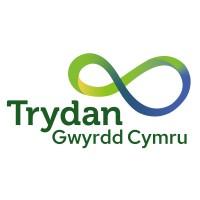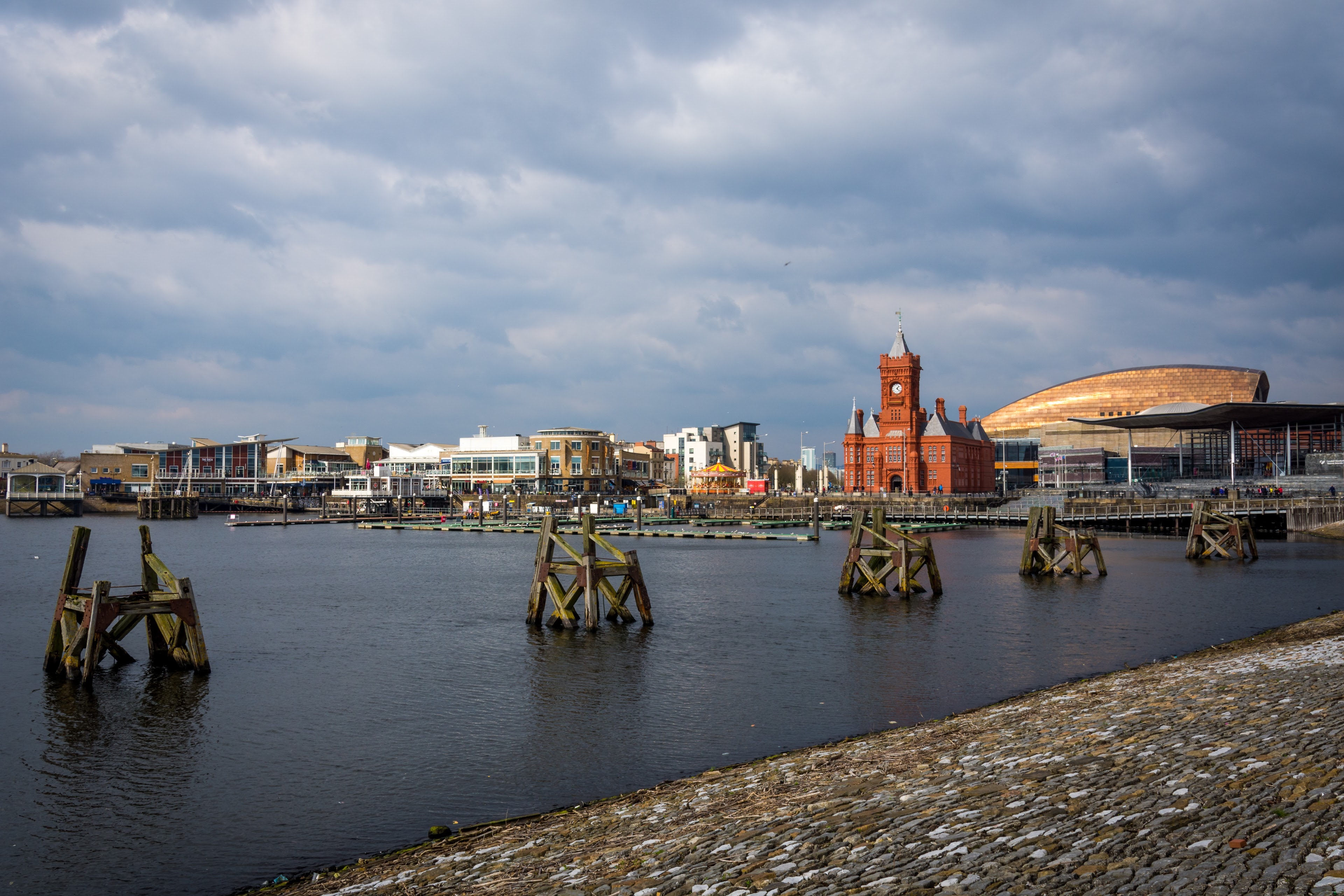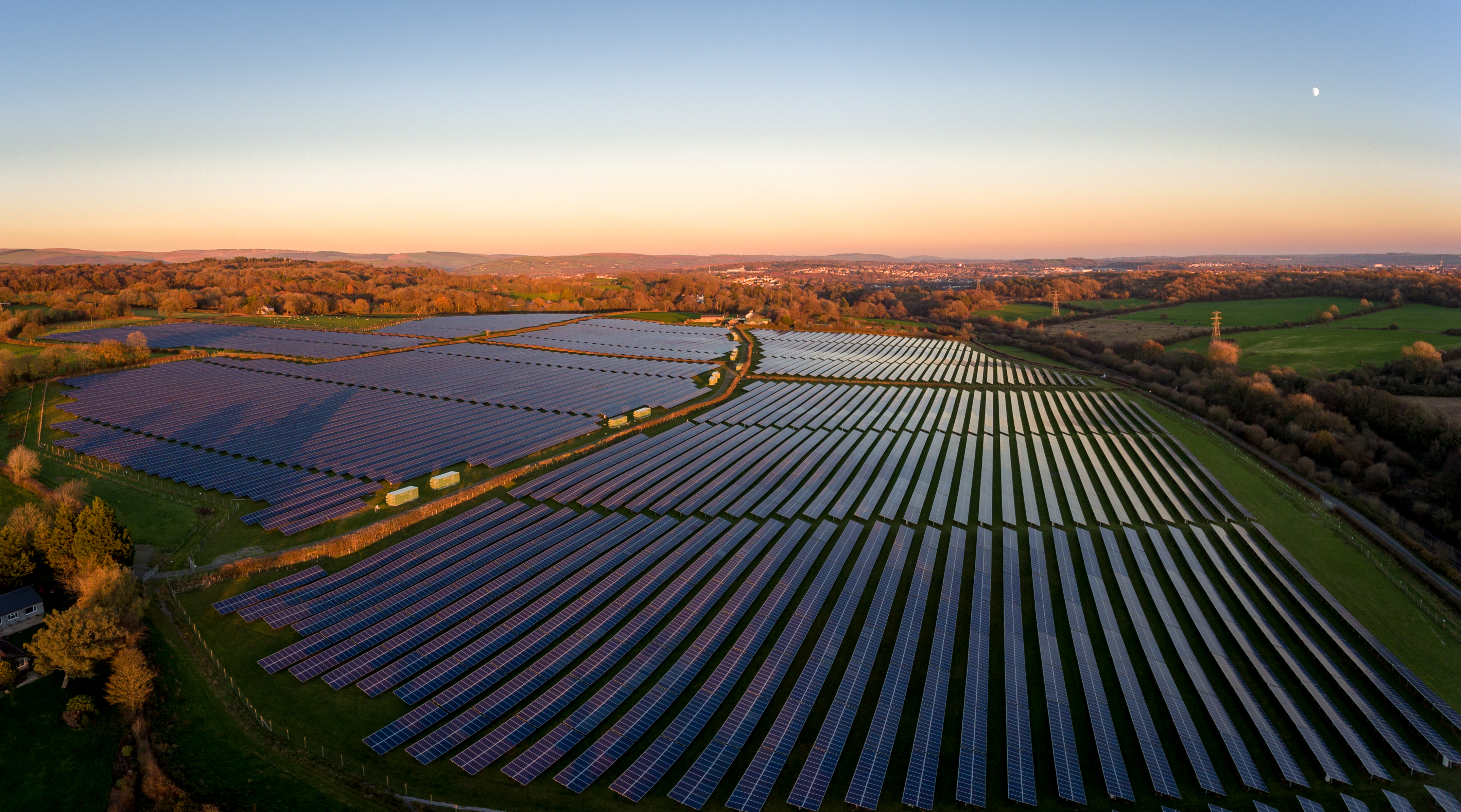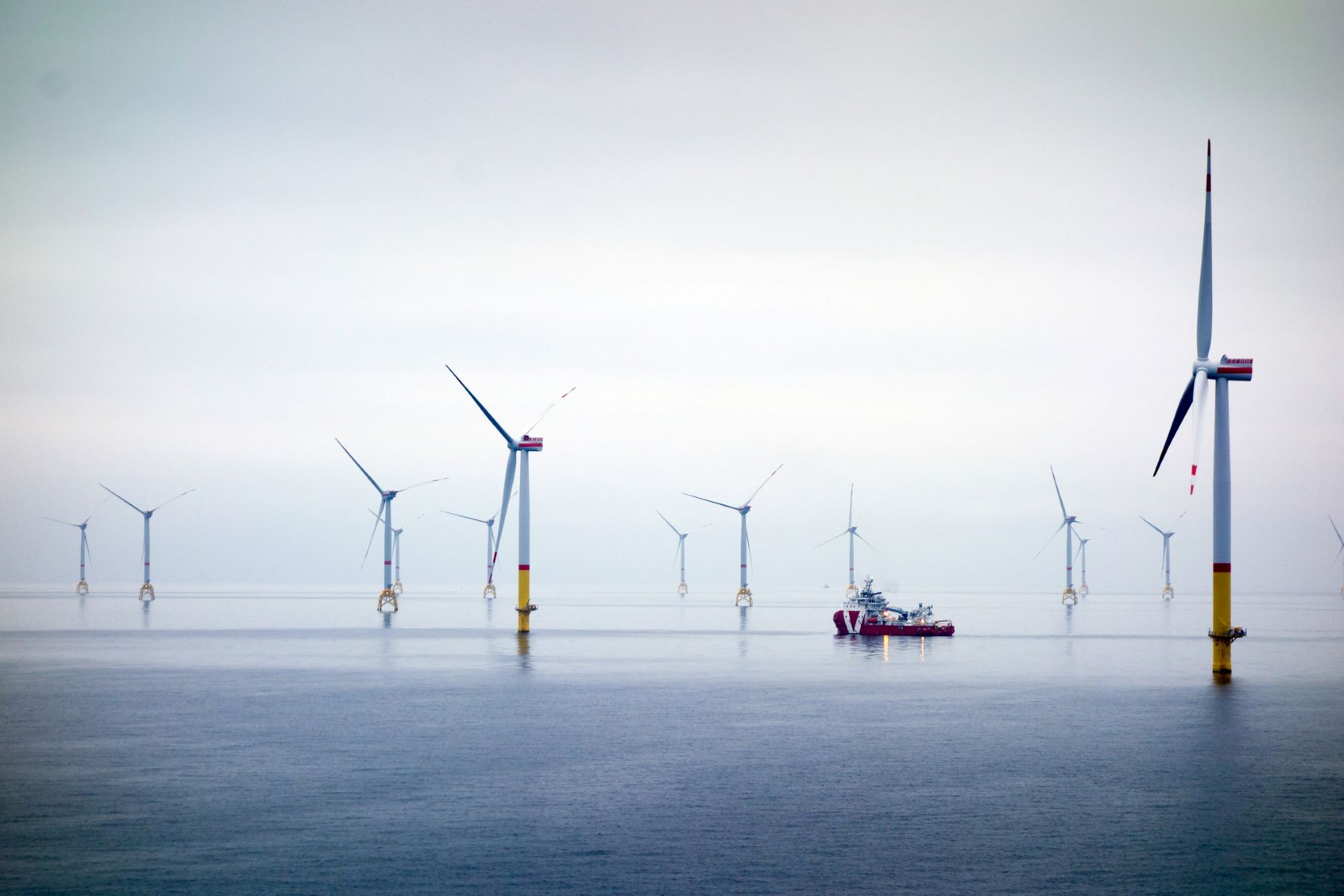Client
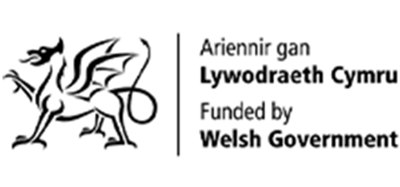
Expertise
Energy transition
Impact
Fast-tracking Welsh Government’s renewable energy development.

Welsh Government’s renewable energy ambition
Alongside its target to achieve Net Zero by 2050, Wales aims to host enough renewable generation to meet the equivalent of its electricity demand from 2035. Wind energy could form the backbone of Wales’ Net Zero strategy. To capitalise on this, Welsh Government established a publicly-owned energy company, Trydan Gwyrdd Cymru.
Ministers aimed to develop onshore wind on government-owned land and reinvest the income in delivering benefits for people in Wales. This aligns with Wales’ energy policy focus: securing a reliable and diverse energy mix that benefits local people and keeps jobs and revenue in Wales in support of its Future Generations Act.
CHALLENGE
How can governments retain the benefits of the energy transition within their nation?
To progress towards Wales’ renewable energy ambition, Welsh Government wants 1.5 GW of renewable energy capacity to be locally owned by 2035. Ministers’ renewable energy ambition is high, so now is the time for action.
Welsh Government identified onshore wind as a key renewable energy source that could be deployed on government-owned land. However, developing onshore wind farms is a lengthy process requiring much preparation: How much wind energy can this location generate? Will it be financially viable? What potential local impacts need to be explored? Finding the answers to these questions requires time, expertise and resources – before anything is even put into development.
To gain a solid basis, Welsh Government needed an expert partner; one that could kickstart the development process.
SOLUTION
Getting potential onshore wind opportunities ready for development
Natural Resources Wales manages Welsh Government’s Woodland Estate and has a track history of supporting the renewable energy agenda. The organisation had already identified 21 potential onshore wind opportunities on government-owned woodland. Our goal was to assess these sites and prioritise which projects would be most viable. To ensure Welsh Government’s Renewable Energy Developer programme could get underway, we:
IMPACT
Making a local energy system a reality for Wales
Trydan Gwyrdd Cymru sets a precedent as the UK's first government-owned renewable energy developer. This initiative exemplifies Wales' mission to create a prosperous, resilient, globally responsible Wales. By preparing the first projects for Trydan Gwyrdd Cymru, the newly founded public company can start to develop renewable energy projects for Wales and keep the benefits local.


